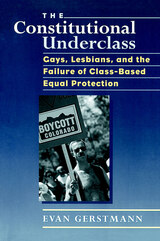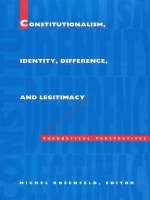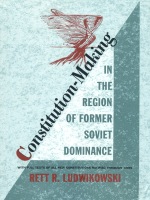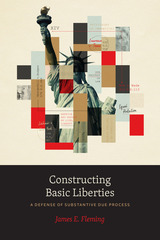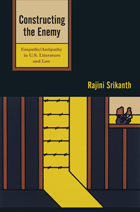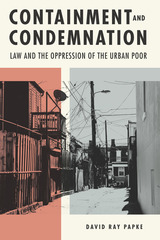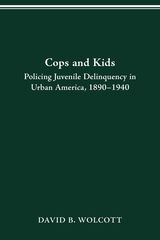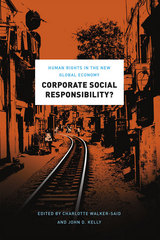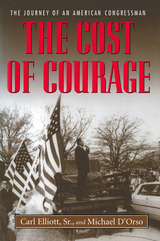Decolonizing Afghanistan: Countering Imperial Knowledge and Power
Duke University Press, 2025
Cloth: 978-1-4780-2922-9 | Paper: 978-1-4780-3260-1 | eISBN: 978-1-4780-9443-2 (OA) | eISBN: 978-1-4780-6142-7 (standard)
See other books on: Crews, Robert D. | Globalization | Middle Eastern Studies | Osman, Wazhmah | Power
See other titles from Duke University Press
Cloth: 978-1-4780-2922-9 | Paper: 978-1-4780-3260-1 | eISBN: 978-1-4780-9443-2 (OA) | eISBN: 978-1-4780-6142-7 (standard)
ABOUT THIS BOOK | AUTHOR BIOGRAPHY | REVIEWS | TOC
ABOUT THIS BOOK
As the first comprehensive volume to explore the impact of empire on Afghanistan’s past and present, Decolonizing Afghanistan marks a decolonial turn in Afghanistan and American studies. Featuring new and often sidelined ground-up perspectives, this collection examines how Afghan communities have subverted, resisted, and participated in colonial projects from the early twentieth century to the present, with a particular focus on the US intervention that began in 2001. Contributors interrogate the relationship between knowledge and power to analyze how narratives about Afghanistan have framed and legitimated imperial governance. Topics span the contradictions and consequences of the US “Forever” War, the rise of private security contracting, the deployment of biometric and surveillance technologies, the politics of US and Taliban countermedia operations, the evolution of gender discourses, and the mobilization of Afghan Americans and “Afghan culture,” among others. Throughout, contributors draw important connections and insights to ongoing global anticolonial struggles and offer paths to decolonial futures.
Contributors. Matthieu Aikins, Dawood Azami, Purnima Bose, Paula Chakravartty, Robert D. Crews, Marya Hannun, Ali Karimi, Nivi Manchanda, Sabauon Nasseri, Tausif Noor, Wazhmah Osman, Hosai Qasmi, Zohra Saed, Gazelle Samizay, Morwari Zafar, Helena Zeweri
Contributors. Matthieu Aikins, Dawood Azami, Purnima Bose, Paula Chakravartty, Robert D. Crews, Marya Hannun, Ali Karimi, Nivi Manchanda, Sabauon Nasseri, Tausif Noor, Wazhmah Osman, Hosai Qasmi, Zohra Saed, Gazelle Samizay, Morwari Zafar, Helena Zeweri
See other books on: Crews, Robert D. | Globalization | Middle Eastern Studies | Osman, Wazhmah | Power
See other titles from Duke University Press

